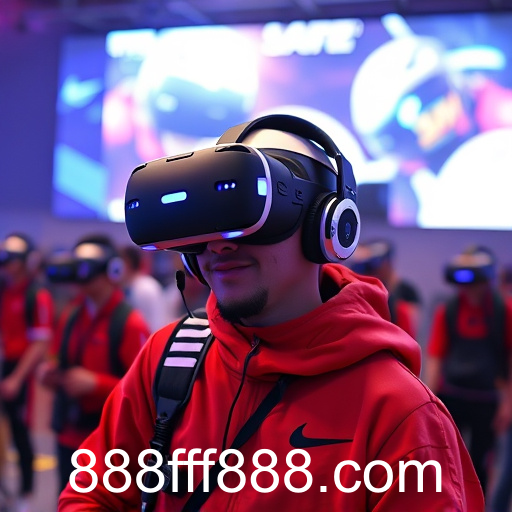
Exploring how virtual reality is transforming the gaming competition landscape in 2025.
The gaming industry continues to undergo significant transformation in 2025, with virtual reality (VR) competitions taking center stage. The release of new technologies has propelled VR gaming into the mainstream, captivating audiences worldwide. Companies like fff888 have been at the forefront, organizing tournaments that push the boundaries of immersive experiences.
This year, we've witnessed a surge in VR e-sports events that have drawn large crowds both physically and virtually. The lifelike environments and real-time interactions in VR gaming create a competitive atmosphere unparalleled by traditional gaming formats. Such dynamics have not only welcomed seasoned gamers but also attracted new participants intrigued by the blend of physical and digital challenges.
Industry experts forecast significant growth in the VR gaming sector, with investments pouring into developing more sophisticated hardware and immersive software. This advancement is leading to greater accessibility and variability in gaming experiences, making competitive play more enticing across diverse demographics.
The fff888 championship series, recently concluded in Tokyo, garnered record-breaking viewership. The innovative use of haptic feedback suits and spatial sound systems allowed players to immerse themselves fully in competitive scenarios, elevating the overall engagement and intensity.
Commentary from players highlights the exhilaration associated with competing in VR. "It's unlike anything else," said a prominent player in the VR circuit. "The level of physical movement required brings a new dimension to gaming that keeps us on our toes."
The future of gaming competitions clearly lies in the explorations of VR. As more developers invest in enhancing the players' sensory experiences, it is anticipated that this form of digital competition will continue to rise in popularity.
The ongoing evolution of VR technology fosters a realm of possibilities for players and developers alike. As the gaming ecosystem adapts to these innovations, the boundary between reality and virtual experiences steadily blurs, setting the stage for a new era of competitive gaming.




